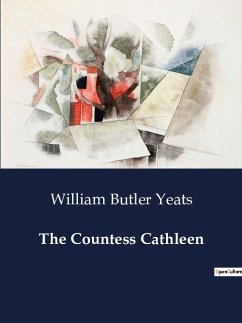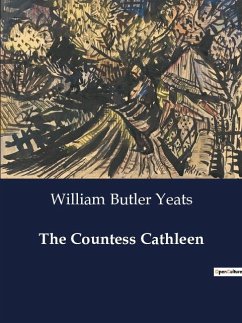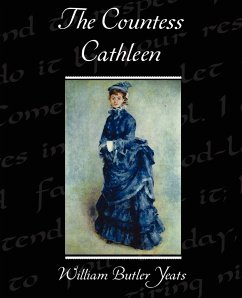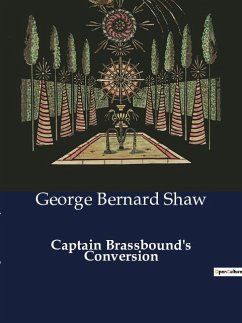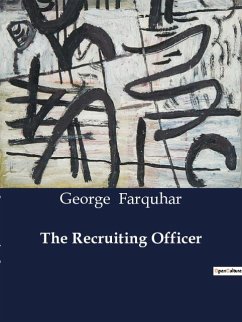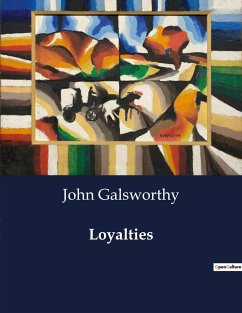
Every Man in His Humour
Versandkostenfrei!
Versandfertig in 1-2 Wochen
19,00 €
inkl. MwSt.
Weitere Ausgaben:

PAYBACK Punkte
0 °P sammeln!
"Every Man in His Humour" by Ben Jonson is a classic Elizabethan comedy that offers a humorous yet incisive portrayal of London society in the early 17th century. Set in the bustling city of London, the play follows the lives of various characters from different social backgrounds as they navigate the complexities of urban life. At the center of the narrative is the character of Edward Knowell, a young gentleman who arrives in London seeking adventure and excitement. Through his encounters with a colorful cast of characters, including the brash and boastful Captain Bobadill, the crafty and con...
"Every Man in His Humour" by Ben Jonson is a classic Elizabethan comedy that offers a humorous yet incisive portrayal of London society in the early 17th century. Set in the bustling city of London, the play follows the lives of various characters from different social backgrounds as they navigate the complexities of urban life. At the center of the narrative is the character of Edward Knowell, a young gentleman who arrives in London seeking adventure and excitement. Through his encounters with a colorful cast of characters, including the brash and boastful Captain Bobadill, the crafty and conniving Kno'well, and the eccentric and philosophical Justice Clement, Jonson explores themes of social hierarchy, ambition, and self-discovery. Through witty dialogue, clever wordplay, and exaggerated characterizations, Jonson offers a satirical commentary on the quirks and foibles of his contemporaries. The play is filled with comedic misunderstandings, farcical situations, and humorous exchanges, all of which serve to entertain audiences while also shedding light on the absurdities of human behavior.






